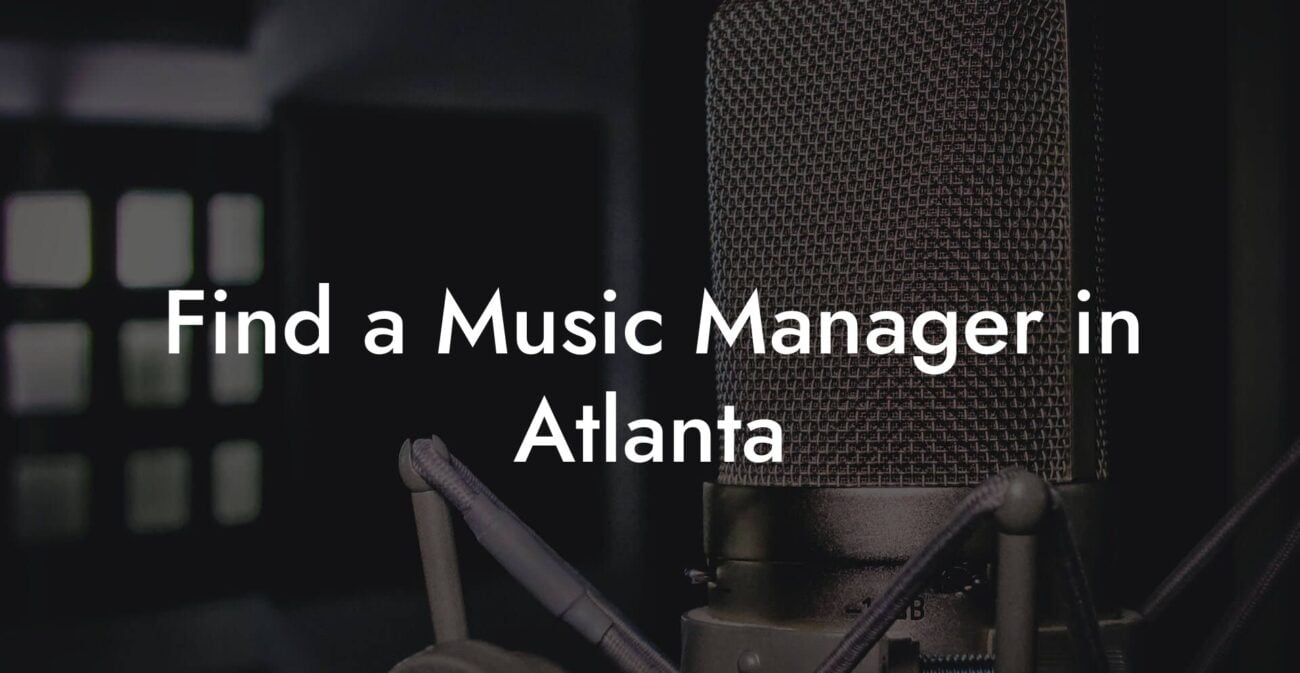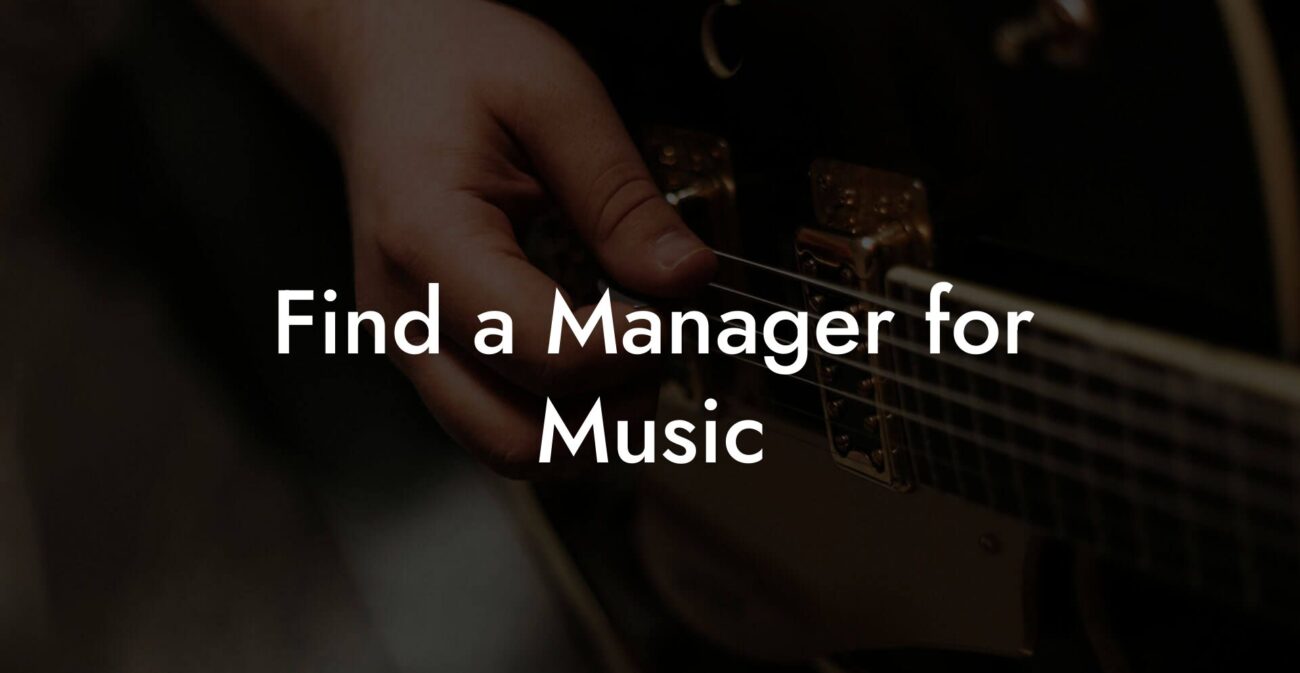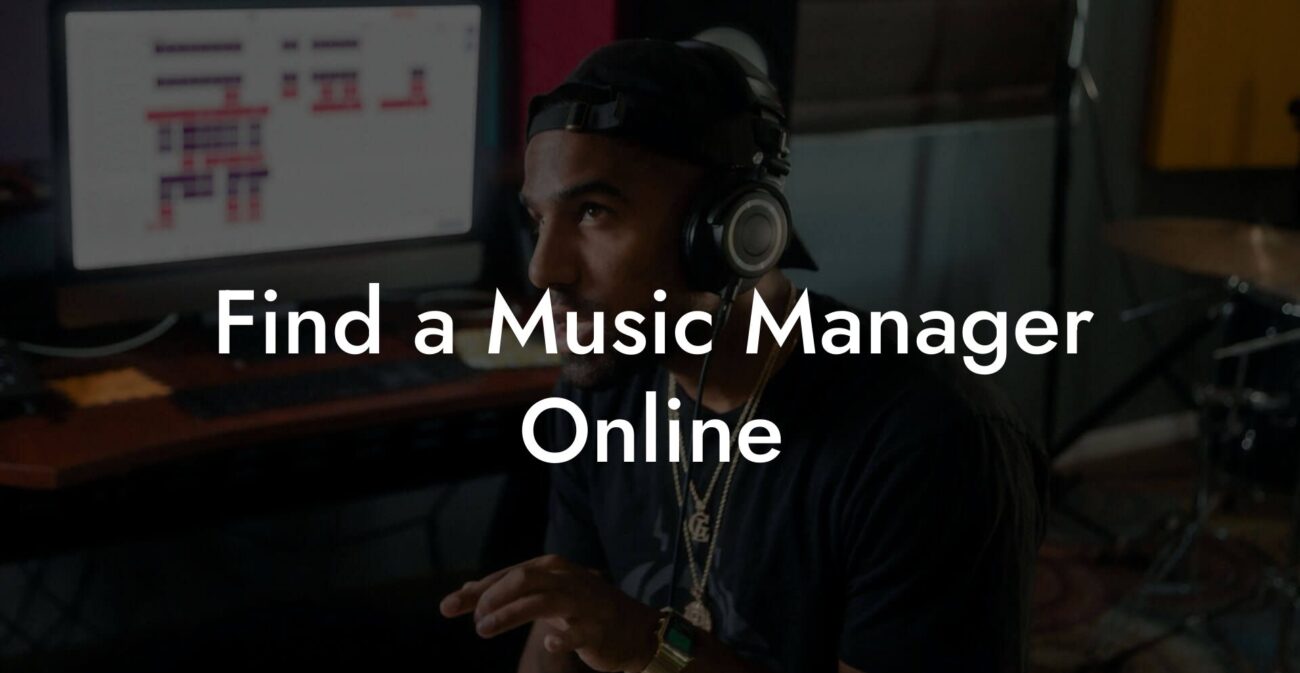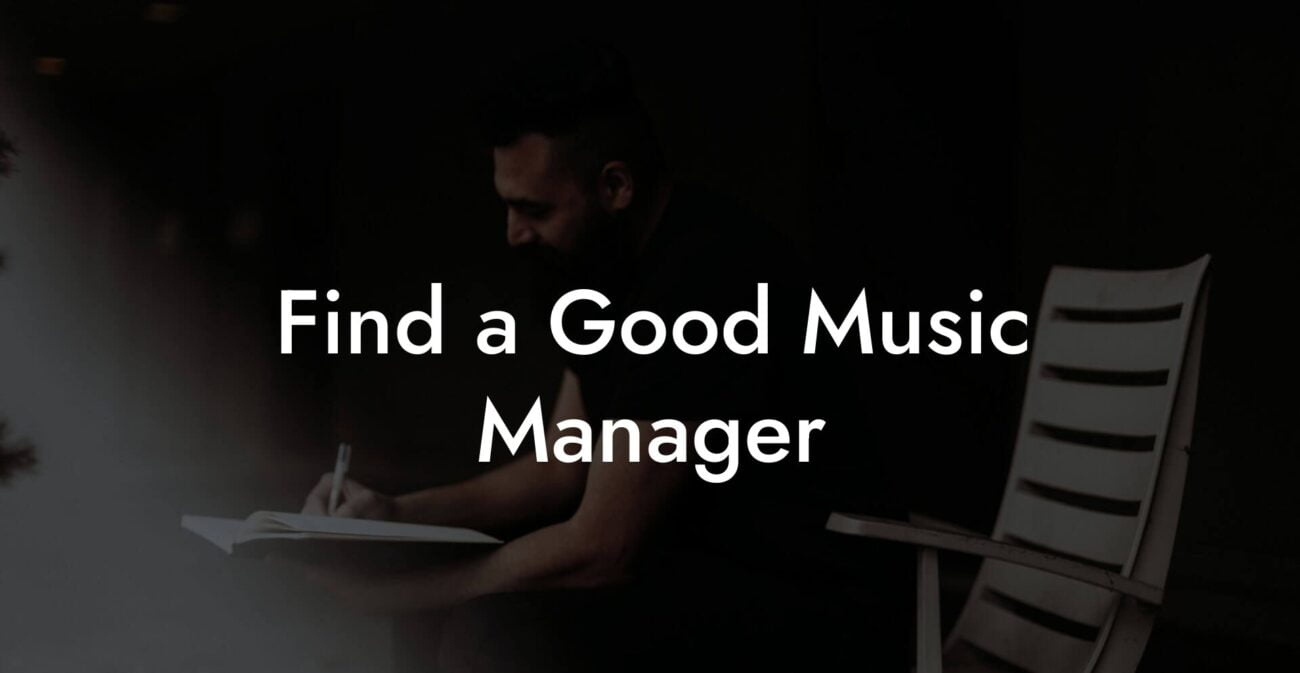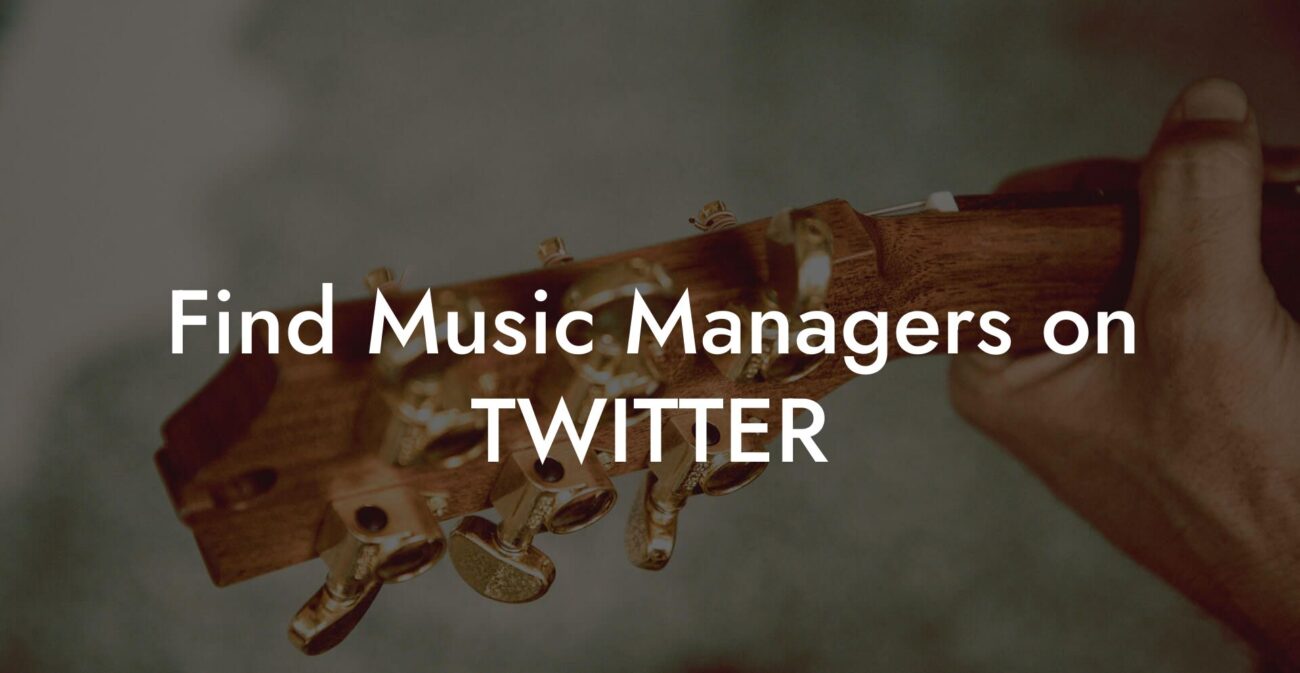The world of the music industry is teeming with talent, but the unsung heroes behind the success of chart-topping artists are often their managers. These behind-the-scenes maestros take on the challenging task of guiding the artists' careers while ensuring maximum exposure for their talent. In this article, we delve into the lives of the top music industry managers who've been instrumental in shaping their artists' incredible careers.
Top Managers in Music Industry Table of Contents
A Look Into A Music Manager's Role
A music manager plays a pivotal role in shaping an artist's career. Responsibilities include but are not limited to coordinating concerts, managing relations with recording labels and publicity agents, and sometimes even assuming a role in making crucial artistic decisions. A good music manager sows the seeds of a flourishing career for any budding artist they represent.
The Top Music Managers
1. Scooter Braun
Known for scouting artists like Justin Bieber and Ariana Grande through YouTube, Scooter Braun is undoubtedly one of the most influential people in the music industry. His ability to identify and nurture talent has led him to manage a multitude of successful artists worldwide.
2. Pat Corcoran
Known best as Chance the Rapper's manager, Pat Corcoran champions individuality and independence in the music industry. He played a key role in Chance becoming the first artist to win a Grammy without any physical album sales.
3. Sharon Osbourne
Renowned for managing her husband Ozzy Osbourne's successful solo career post-Black Sabbath, Sharon Osbourne has earned her fame as a resolute and persistent music manager. She has helped propel Ozzy's solo music to the top of charts across the globe.
Write Hit Songs Like a Professional Songwriter
The ultimate songwriting tool that takes your creative vision to the next level! With just a few clicks, you can unleash your inner songwriter and craft a hit that's uniquely yours. You own it.
4. Lady Gaga's Team: Bobby Campbell and Troy Carter
Lady Gaga's rise to fame was orchestrated by her able team of managers, Bobby Campbell and Troy Carter. Their innovative strategies and Gaga's innate talent led to a revolutionary impact on pop culture.
Top Managers in Music Industry Example:
If singer-songwriter John Doe decides to employ a music manager, the manager's first order of business would be to understand John's music style, career goals, and potential audience. Working alongside John, the manager would chart out a strategic plan that includes public relations, concert planning, branding, and relationship management with the record label. This partnership would build momentum for John’s career, making the role of a music manager indispensable.
Frequently Asked Questions
What does a music manager do?
A music manager, or artist manager, is responsible for overseeing the business affairs of musicians and bands. They advise and support their clients in all aspects of their careers, from negotiating contracts and booking gigs to managing finances and developing marketing strategies.
How important is networking for a music manager?
Networking is essential for a music manager. It's through these connections that managers secure opportunities for their clients, learn industry trends, and maintain relationships with record labels, producers, promoters, and other key figures in the music industry.
What qualities should top managers in the music industry possess?
Top music managers should possess a combination of strong business acumen, excellent interpersonal skills, an understanding of the music industry, creativity, resilience, and a genuine passion for music and artist development.
How does one become a music manager?
Many music managers start by working in related music business roles or by managing local bands and building their reputation. Higher education in music business or relevant internships can also be beneficial. Most importantly, practical experience and networking are crucial steps in becoming a successful music manager.
What is the potential income for a music manager?
The income of a music manager can vary widely and is often based on a percentage of their artist's earnings, which can range from 10% to 20%. Established managers with high-profile clients tend to earn more, while new managers might earn less until they establish themselves.
Can artists manage their careers without a manager?
While it is possible for artists to manage their own careers, particularly in the initial stages, the complexities and demands of the music industry often require the expertise and dedicated attention of a professional manager.
What are the legal responsibilities of a music manager?
Music managers have a fiduciary duty to act in the best interest of their clients, negotiate fair contracts, ensure compliance with those contracts, and often handle legal disputes or oversee the hiring of legal representation when necessary.
What's the average duration of a manager-artist relationship?
The duration of a manager-artist relationship can vary greatly, ranging from just a few months to several decades. Trust, mutual respect, and the success of the partnership significantly influence the longevity of the relationship.
How do top music managers find new talent?
Top music managers often discover new talent through industry showcases, referrals, social media, self-research, and sometimes unsolicited pitches from aspiring artists or bands.
Do music managers work with more than one artist at a time?
Yes, most music managers work with multiple artists concurrently, balancing their time and resources to effectively service all their clients' needs.
Is a formal contract necessary for a management deal?
Yes, a formal contract is crucial to establish the professional relationship, outline the responsibilities, and protect the rights of both the artist and the manager.
Are there associations for music managers?
Yes, there are several associations worldwide that support music managers, such as the Music Managers Forum (MMF) in various countries, which offer resources, advocacy, and community for professionals in the field.
How has the role of a music manager changed with the advent of digital media?
Digital media has expanded the role of the music manager into areas such as digital marketing, online distribution, social media management, and navigating streaming services, making the job more multifaceted than ever.
What should an artist consider before hiring a manager?
Artists should consider a manager's experience, industry connections, communication style, success record, and whether their vision aligns with that of the manager. They should also ensure clear terms are laid out in a management contract.
How do music managers maximize an artist's revenue streams?
Music managers explore all avenues, such as live performance bookings, merchandise sales, licensing deals, sponsorships, and exploring new digital platforms to help maximize an artist's potential revenue streams.
What is the difference between a music manager and a booking agent?
A music manager handles the overall career strategy of an artist, while a booking agent specifically focuses on finding and negotiating live performance opportunities.
How do successful music managers handle setbacks?
Successful music managers handle setbacks by maintaining a positive outlook, being adaptable, having contingency plans, learning from mistakes, and constantly looking for new opportunities to advance their client's career.
What role does a music manager play in an artist's branding?
A music manager plays a critical role in shaping and maintaining an artist's brand, ensuring consistency in messaging, appearance, and how the artist engages with their audience across all platforms.
Can a music manager terminate a contract with an artist?
Yes, a music manager can terminate a contract with an artist if mutually agreed upon terms for termination are met, or if there are breach of contract issues. Such agreements should be outlined in the management contract.
What are the biggest challenges music managers face today?
Some of the biggest challenges music managers face today are keeping up with the rapidly evolving digital landscape, developing artist careers in a saturated market, ensuring financial stability in the streaming era, and maintaining the well-being of artists amid demanding schedules.
How important is social media management in a music manager's role?
Social media management is now a critical part of a music manager's role. It's crucial for building an artist's brand, engaging with fans, marketing music and events, and even for aiding in discovery by new audiences.
Behind every great artist is a great manager, maneuvering through the intricate web of the music industry. So, if you're an aspiring artist, knowing these top managers can become your career lighthouse. For more insights into the music industry and songwriting tools, explore our guides at Lyric Assistant. Dig into the science of creating unforgettable lyrics to captivate your audience and share this article with fellow artists to spread the knowledge!





